View count:
1301
TG4.3: Complex systems
I. Coordinator:Pik-Yin Lai 黎璧賢 (NCU)
pylai [at] phy.ncu.edu.tw
II. Core Members:
Core members
Lee-Wei Yang (NTHU), Hsuan-Yi Chen (NCU), Cheng-Hung Chang (NYCU),
Guan-Rong Huang*★(MOES, NSYSU), Sheng-hong Chen*(IMB, AS)
Center Scientists
Pik-Yin Lai (NCU), Hong-Yan Shih★(IoP,AS)
III. Research Themes:
Pik-Yin Lai
Research Themes:
Stochastic Thermodynamics and non-equilibrium statistical physics, inference from noisy data, Network reconstruction from time-series data, molecular motor dynamics, statistics and dynamics of friction and interfaces of liquid and solids. Bio-mathmatics.
Students:
YW Tang, RC Chang, CH Pan
Collaborators:
Yonggun Jun, Hsuan-Yi Chen (Phys. NCU)
Chi-ho Cheng (Phys, Nat’l Changhua Edu. U)
Penger Tong (Phys. HKUST)
XinPeng Xu (Phys. Technion U.)
Expected Achievements:
- Develop protocols for desired/optimized control of non-equilibrium Brownian systems, with applications to mesoscopic heat engines.
- Construct framework/description for non-equilibrium thermodynamics using the interacting Ehrenfest urn model as a paradigm model to describe different level of non-equilibrium.
- Adopt/develop the stochastic force inference method to reconstruct network topology and strengths from complex noisy data.
- Develop framework and theory for optimized directed network growth models
- Develop theory for collective molecular motor dynamics and synchronization and apply to experiments.
- Develop theory and simulation models for trapped active particles and apply to experiments.
Hong-Yan Shih
Research Themes:
- Emergent dynamical patterns in biological and ecological systems under various interactions and evolutionary mechanisms across vast scales
- Statistical models for phase transition in turbulence.
Students:
Hiang-Yun Tseng, Yi-De Lee, Yo-Jay Hseu
Expected Achievements:
- Build statistical models of microbial ecosystems with complex interactions and different evolutionary mechanisms, and study the emergent dynamical patterns and their stability
- Predict the transitional phenomena and quantify the generic statistical properties of the complicated behavior in turbulence in different systems with distinct geometry
Guan-Rong Huang
Research Themes:
To explore the fundamental mechanism of soft condensed matter structures and properties subject to the changes of thermodynamic variables using the synergistic combination of neutron/X-ray scattering techniques, computational simulations, and statistical physics approaches. To understanding the underlying picture behind the structural stability and transformation subject to different conditions would enhance the control and prediction of soft matter properties
Students: Yen-Ting Lin, Jui-Chen Hsu, and Hsin-Po Fang
Expected Achievements:
- develop systematic methodology with high precision to reveal the evolution of soft matter structure and properties in different thermodynamic processes.
- Provide the physical mechanism behind the competition between their inter/intra-molecular interaction, solvent-solute interaction, and thermal entropy effect and hence propose a possible scheme to optimize the structure and properties of soft matter.
- Develop theoretical approaches for connecting experimentally-measured scattering results and simulation trajectory to soft matter structures and properties.
- investigate the conformational changes of soft matter in response to different thermodynamic variables using scattering techniques and analysis.
- Develop theory for collective molecular motor dynamics and synchronization and apply to experiments.
Cheng-Hung Chang
Research Themes:
(i) Non-equilibrium temperatures in stochastic thermodynamics,
(ii) Kramers’ transition theory in the training dynamics of AI,
(ii) GSEA analyzed by the information bottleneck theory,
(iii) Thermodynamic geometry on a polymer heat engine,
(iv) Edge states of active matter understood by the sedimentation theory.
Collabrations: Sheng-Hong Chen, Keita Kamino, Yonggun Jun, Chien-Jung Lo
Hsuan-Yi Chen
Research Themes: complex interfaces, active polymers, cell locomotion, tissue development,
Students: Yan-Ru Chen Shin-Jie Wang, Yun-Der Huang, Cheng-Yu Lo, Pin-Chun Liaw
Expected achievements:
- extending the frontier of statistical physics of complex materials to biological systems.
- apply tools developed for active matter hydrodynamics and stochastic processes
- develop models to describe behaviors of systems whose elements extract energy from the environment to perform mechanical work, systems whose elements can grow and divide, or die, and systems that respond to fluctuating environmental information through simple chemical feedback networks.
- aim to describe the distribution of matter and dynamics in cell nucleus, during cell locomotion, and tissue development, etc.
Collaborations:
J. F. Joanny, College de France (active polymers)
Chien-Hui Chen, Academia Sinica (tissue development)
Penger Tong and PY Lai (complex interfaces)
Chen-Hung Chang and Yonggun Jun (active heat engines)
IV. Activities


